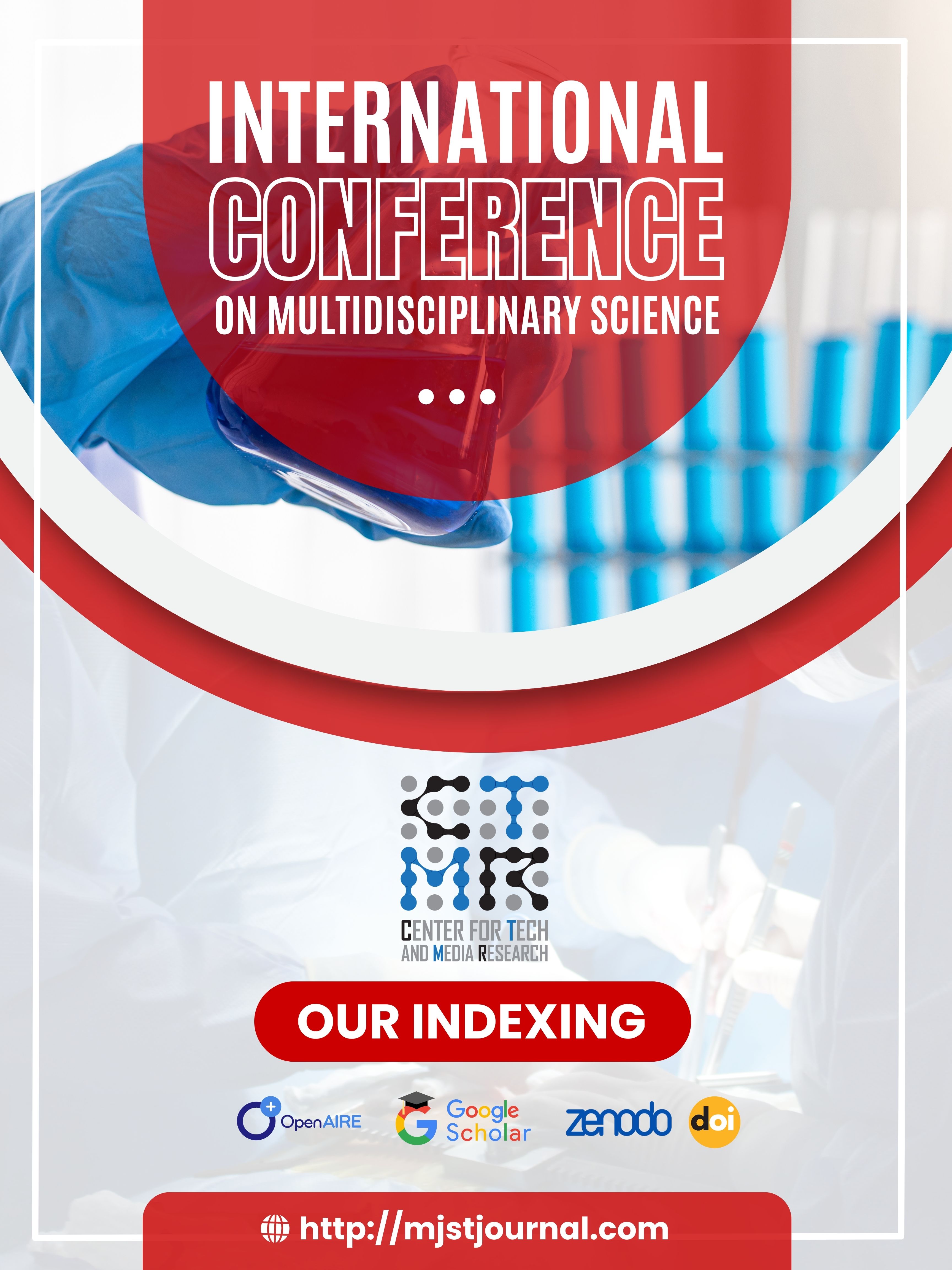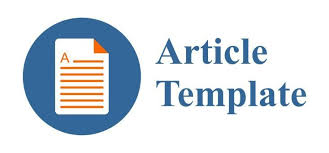THE IMPACT OF ANXIETY AND STRESS ON ACADEMIC PERFORMANCE: A GLOBAL AND UZBEK PERSPECTIVE
Feruza Asqarova
Senior Lecturer at International Digital University
##semicolon## academic anxiety, cognitive impairment, Yerkes-Dodson law, test anxiety, perfectionism, cognitive-behavioral therapy (CBT), mindfulness, institutional reforms, Uzbek higher Education
सार
This article explores the impact of anxiety and stress on academic performance, focusing on both global and Uzbek perspectives. Anxiety and stress, common psychological responses to academic pressure, can negatively influence cognitive functioning, impairing attention, memory, and problem-solving abilities, thus leading to decreased academic achievement. While moderate levels of stress may enhance performance, excessive anxiety often results in poor academic outcomes. The article examines factors contributing to academic anxiety, including test anxiety, perfectionism, and external expectations, particularly within the context of Uzbekistan’s highly competitive education system. It also discusses coping strategies such as cognitive-behavioral therapy (CBT), mindfulness practices, and institutional reforms aimed at mitigating the effects of stress and anxiety on students. The research concludes that addressing psychological well-being is essential to fostering more effective learning environments and improving student performance in Uzbekistan and beyond.##submission.citations##
1. Beck, A. T. (2011). Cognitive therapy of anxiety disorders. Guilford Press.
2. Cassady, J. C., & Johnson, R. E. (2002). Cognitive test anxiety and academic performance. Contemporary Educational Psychology, 27(2), 270-295.
3. Eysenck, M. W., Derakshan, N., Santos, R., & Calvo, M. G. (2007). Anxiety and cognitive performance: Attentional control theory. Emotion, 7(2), 336-353.
4. Frost, R. O., Marten, P., Lahart, C., & Rosenblate, R. (1990). The dimensions of perfectionism. Cognitive Therapy and Research, 14(5), 449-468.
5. Hembree, R. (1988). Correlates, causes, effects, and treatment of test anxiety. Review of Educational Research, 58(1), 47-77.
6. Karimova, N. (2020). Exam-related anxiety and its impact on student performance in Uzbekistan’s higher education system. Uzbekistan Journal of Psychology and Education, 12(4), 65-78.
7. Lazarus, R. S., & Folkman, S. (1984). Stress, appraisal, and coping. Springer.
8. Putwain, D. W. (2008). Test anxiety in UK schoolchildren: Prevalence and demographic patterns. British Journal of Educational Psychology, 78(1), 227-240.
9. Putwain, D. W., & Daly, A. L. (2014). Test anxiety prevalence and gender differences in a sample of English secondary school students. Educational Studies, 40(5), 554-570.
10. Sarason, I. G. (1984). Stress, anxiety, and cognitive interference: Reactions to tests. Journal of Personality and Social Psychology, 46(4), 929-938.
11. Shadmanov, S. (2019). Stress and academic performance: A case study of university students in Uzbekistan. Central Asian Journal of Educational Studies, 6(2), 89-104.
12. Shapiro, S. L., Brown, K. W., & Astin, J. A. (2011). Toward the integration of meditation into higher education: A review of research. Teachers College Record, 113(3), 493-528.
13. Shodiev, K. (2021). Academic pressure and student anxiety in Uzbekistan: A qualitative study. Uzbek Journal of Education and Development, 15(1), 23-38.
14. Zeidner, M. (1998). Test anxiety: The state of the art. Springer.
15. Yerkes, R. M., & Dodson, J. D. (1908). The relation of strength of stimulus to rapidity of habit-formation. Journal of Comparative Neurology and Psychology, 18(5), 459-482.






